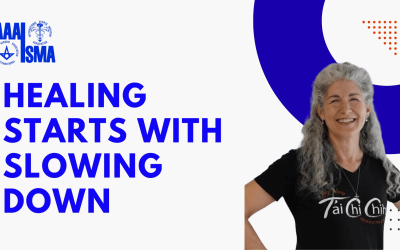Every fitness professional has seen it happen. A client shows up consistently. They train hard. They follow the plan. And then one day — the progress stops.
They’re not getting weaker or less motivated, but the results slow down, stall, or completely plateau. And no matter how many times you adjust reps, sets, or load, nothing seems to break through.

The truth is simple: Many clients aren’t missing intensity.
They’re missing mobility, stability, and intentional recovery.
These three foundational pillars are not “extras” or “nice-to-have” components of fitness. They are the missing link preventing many clients from moving better, feeling better, and unlocking their full performance potential.
Let’s break down why.
Expand Your Career
From Nervous to Natural
If you’re preparing to teach your first group fitness class, congratulations—you’re stepping into one of the most rewarding roles in the fitness industry. Whether your class is choreographed like a Les Mills program or freestyle, your presence, preparation, and...
What Every Trainer Should Know About Mental Wellness
The Numbers Don’t Lie 94% of personal training clients regularly discuss nutrition, stress, sleep, and injury with their trainers. 78% of people prioritize exercise for mental and emotional well-being. 89% of peer-reviewed studies confirm a positive, statistically...
Healing Starts with Slowing Down
When it comes to helping people improve their physical, emotional, and mental well-being, certified personal trainer and wellness coach Jessica Lewis takes a holistic approach. Through her work with both veterans and civilians, Jessica uses the gentle yet powerful...


